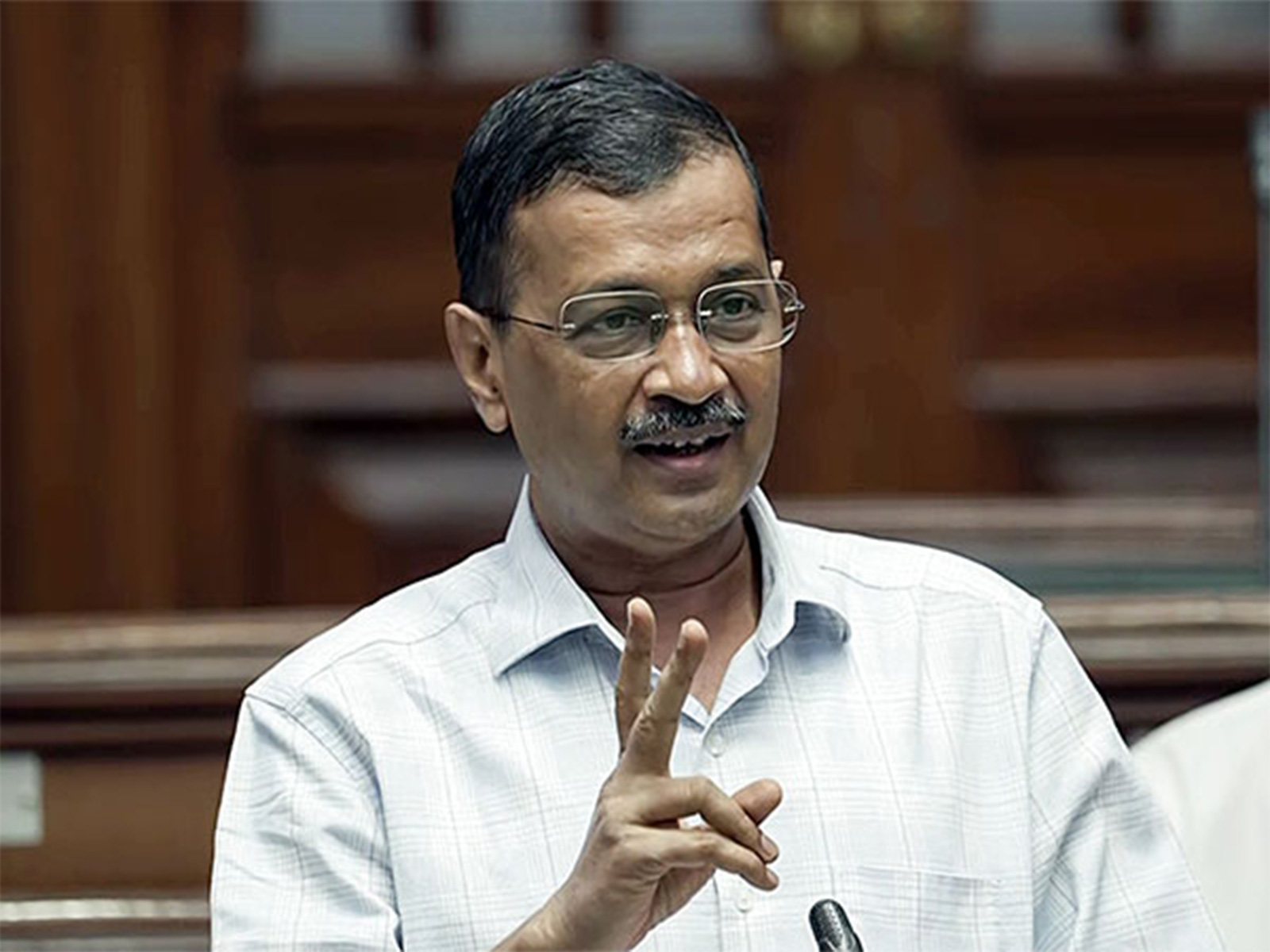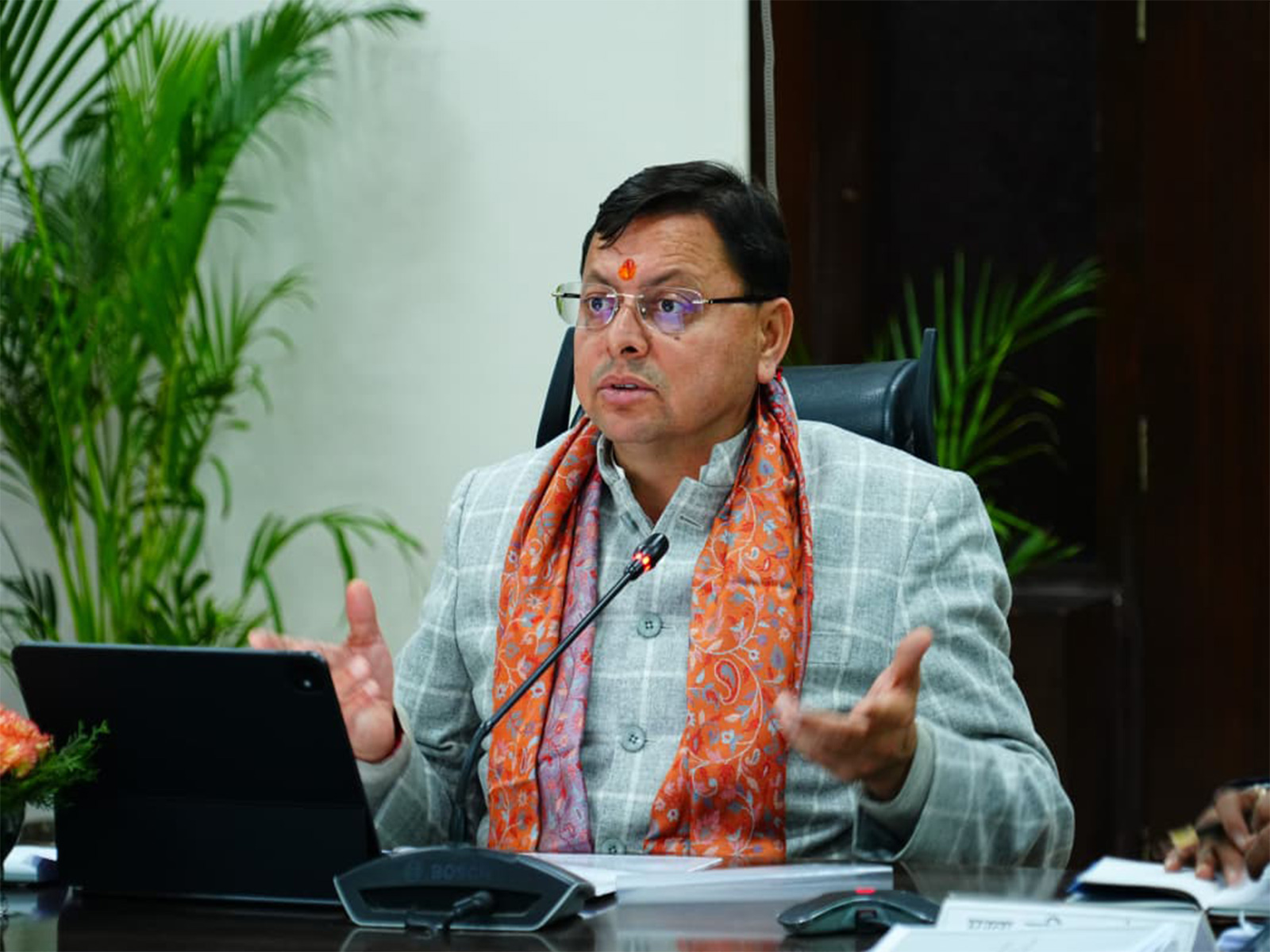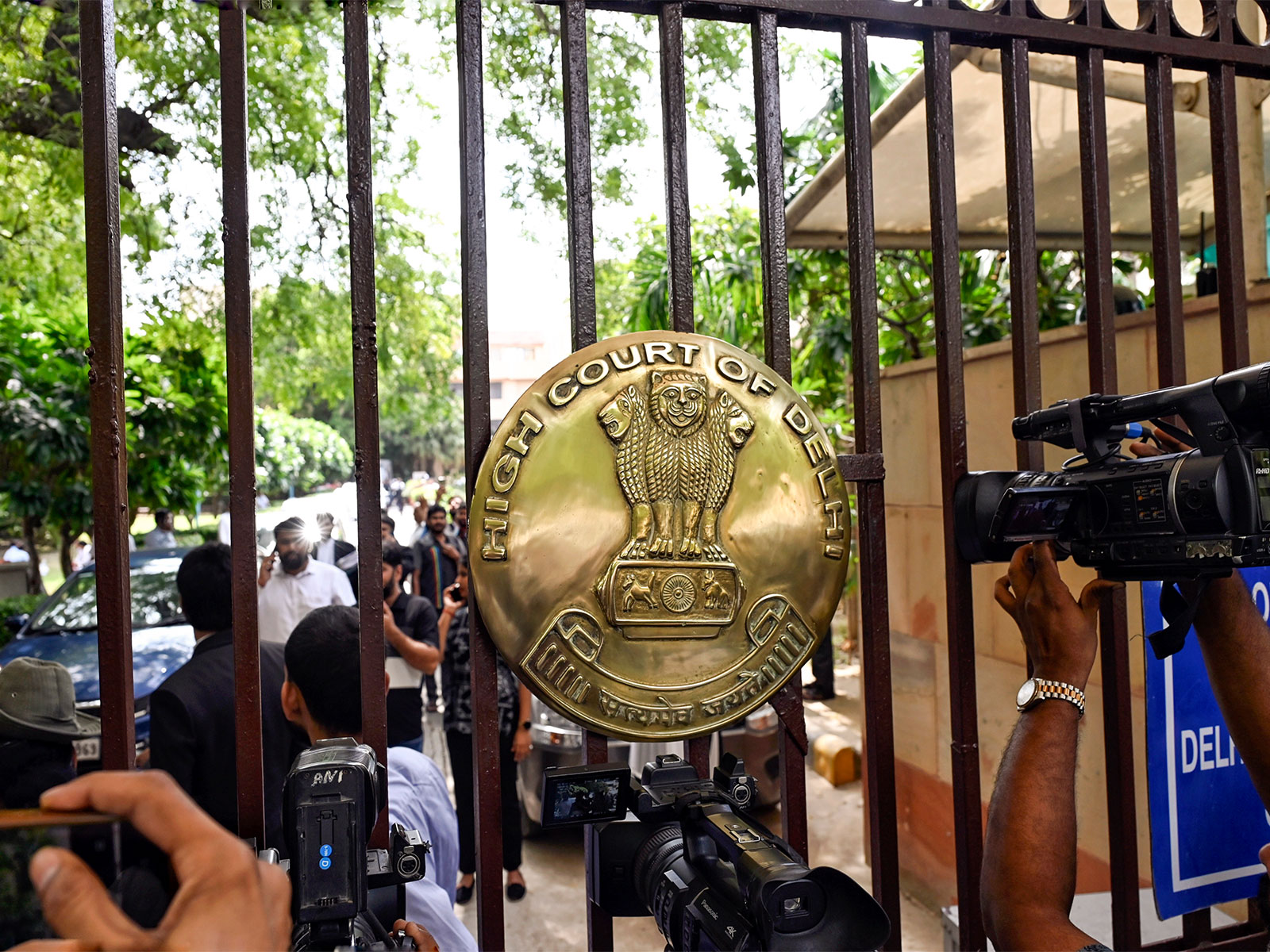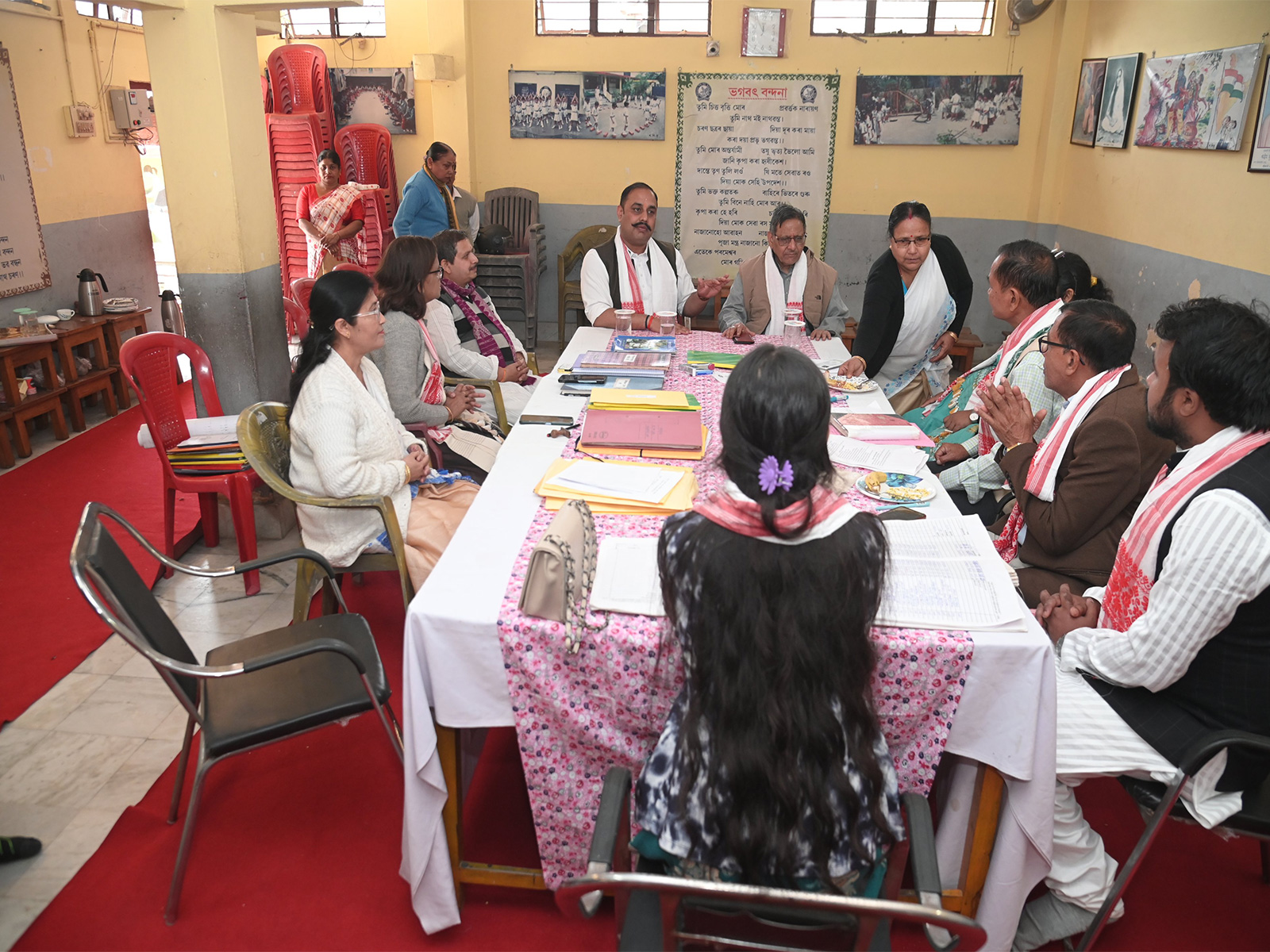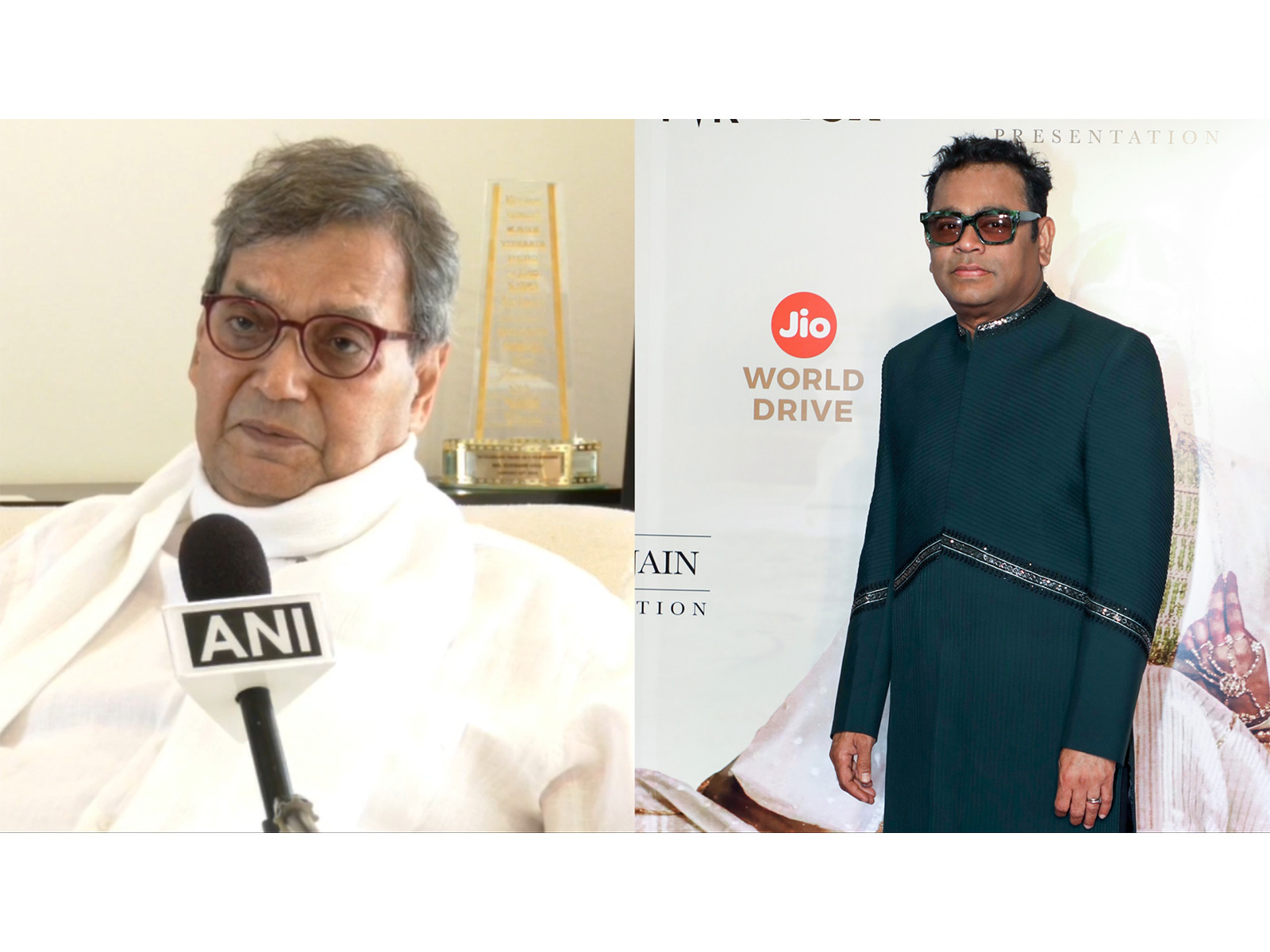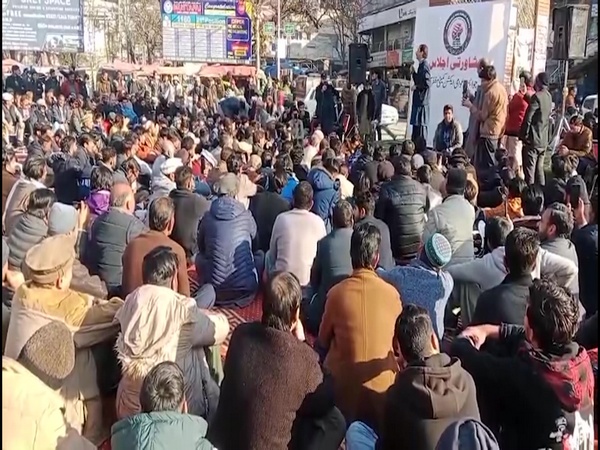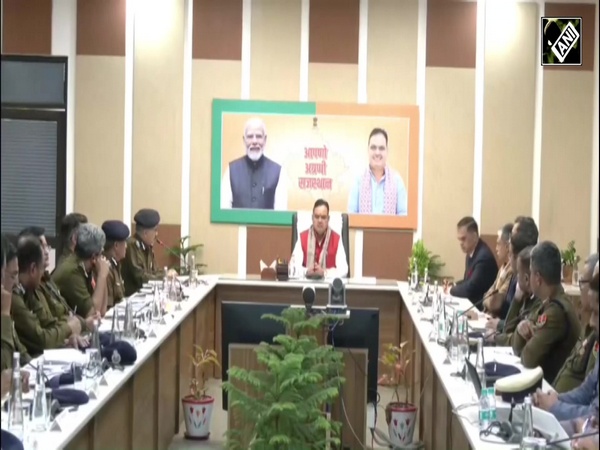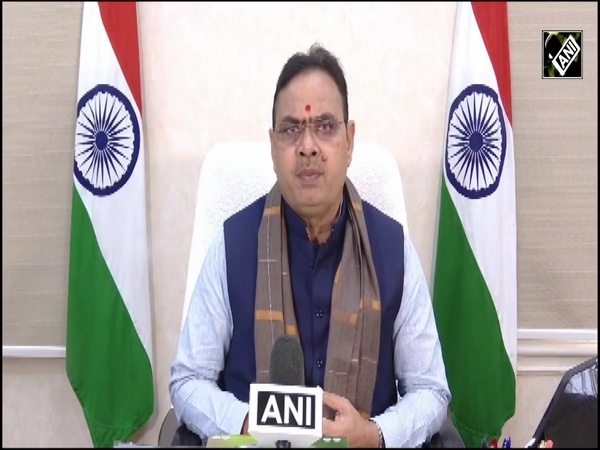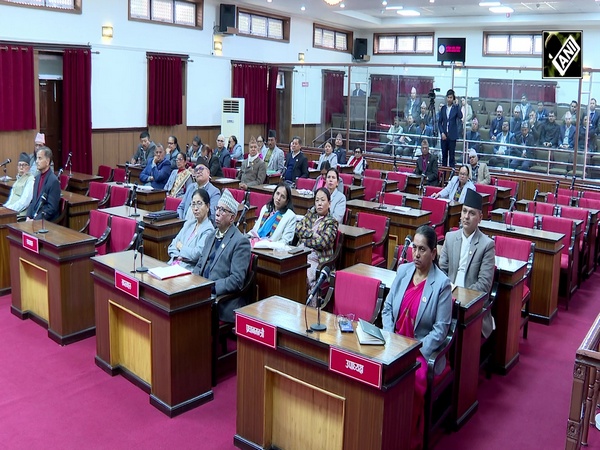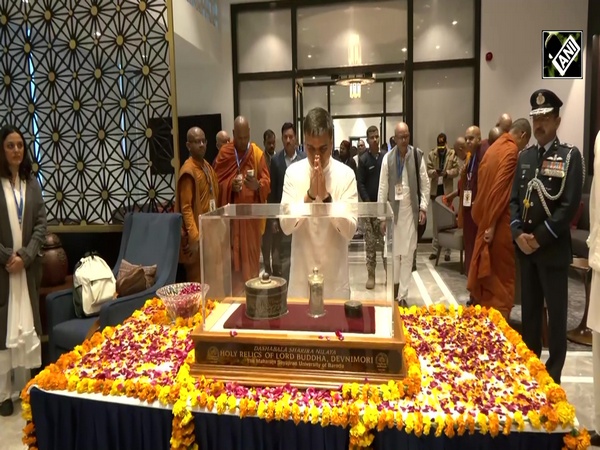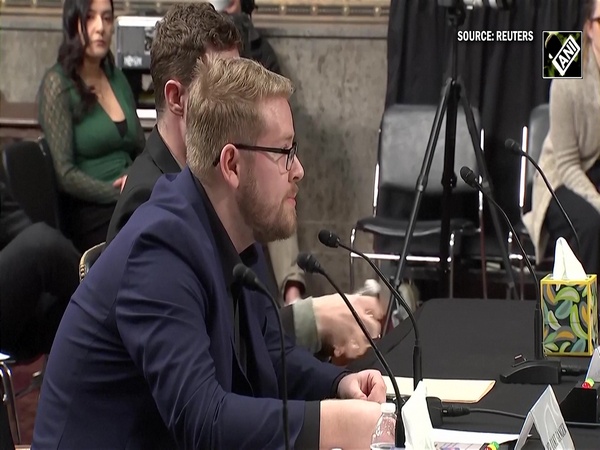Shram Shakti Niti draft, taking Manusmriti's inspiration, an insult to Constitution: Jairam Ramesh
Oct 30, 2025
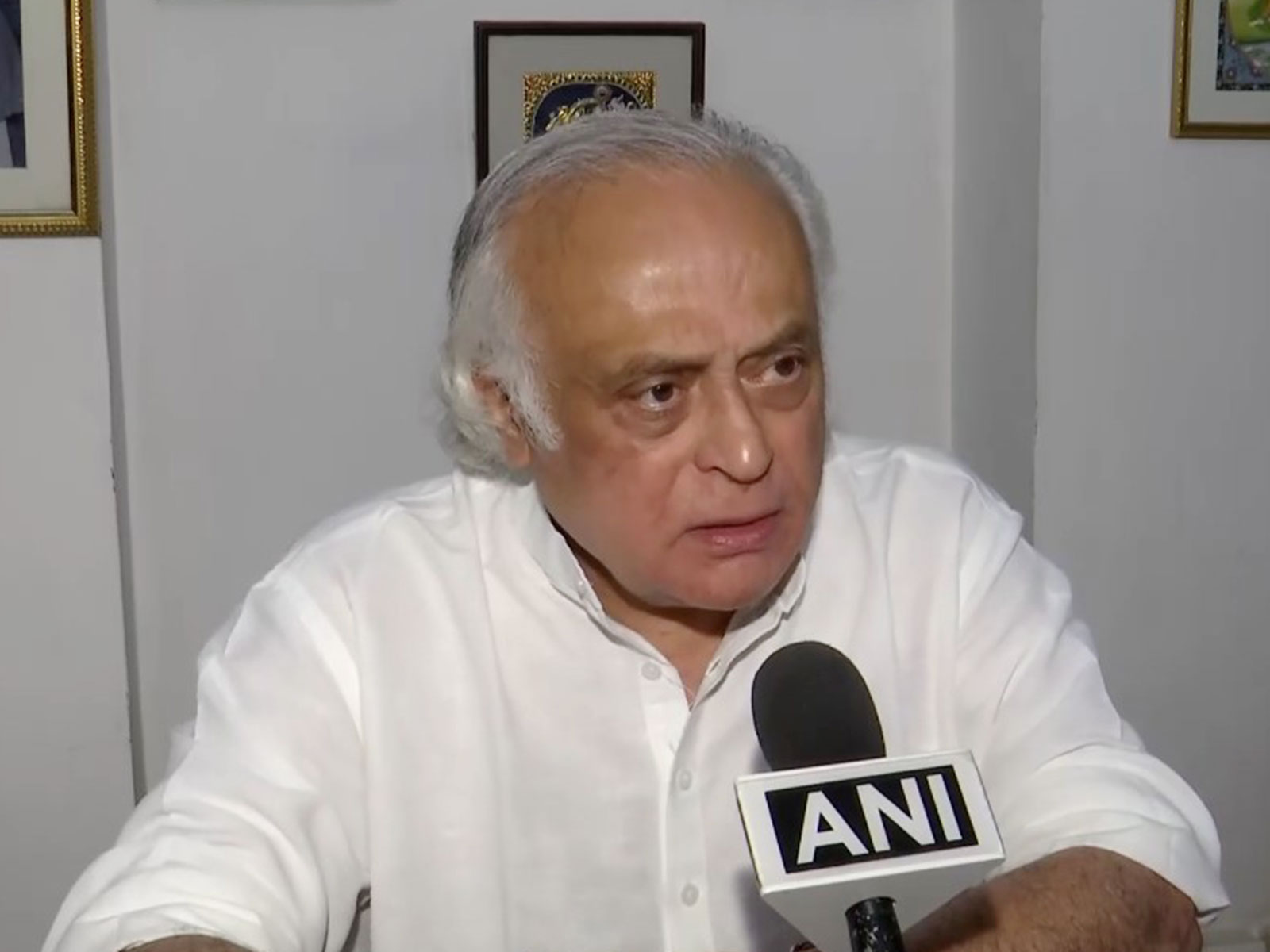
New Delhi [India], October 30 : Congress MP and General Secretary in-charge Communications Jairam Ramesh on Thursday accused the Bharatiya Janata Party (BJP) of trying to erode the Constitution and enforce the ideals of the Rashtriya Swayamsevak Sangh (RSS) through the Shram Shakti Niti 2025, also known as the National Labour and Employment Policy of India.
"Labour policy draft says that it takes inspiration 'ancient texts' like Manusmriti. On 26 November 1949, when the Constitution was adopted in Constituent assembly, then RSS had heavily attacked it, and Ambedkar, saying that the Constitution is not of India because it does not take inspiration from Manusmriti. Now see today, now the Shram Shakti Niti says that they take inspiration not from Indian Constitution but from Manusmriti. This is very condemnable, and against our Constitution," the Congress leader said.
While quoting the draft policy, he took a jibe at it for focusing more on the organised sector while ignoring worker protections and rights in the unorganised sector.
The vision of Shram Shakti Niti 2025 is to create an inclusive, fair, and resilient labour ecosystem that upholds dignity, fosters productivity, and ensures access to decent work for every worker, irrespective of sector, gender, or geography, the policy mentions.
The draft policy "Shram Shakti Niti 2025" looks to address the challenges for India's labour force, which is going through a "a profound structural transformation" with steady rising productivity and enterprise growth, but still having problems of wage disparity, gender imbalance, and skill mismatch which hinder inclusive development. Similarly, technological shifts driven by automation, artificial intelligence, and datacentric production are redefining skill requirements at an unprecedented pace, while transitioning to low carbon economies reshape industries and create opportunities.
The Congress leader further compared the policy to Congress's demands of increasing daily wages to Rs 400, ending contractual jobs and giving full employment in government jobs, and bringing in an urban employment guarantee, just like MGNREGA.
"We had demanded a labour justice, from the Congress, in 2014, the first demand was that the daily wages should be Rs 400, it should be implemented in MNREGA. Second we demanded that the contractual employment would be stopped in government and regular jobs be given. Third was that life insurance, and disaster insurance in unorganized sector should be made available," the Congress leader said.
"Only 6% of employment is in organised sector, but most of the talk happens on that only. Our fourth demand was that universal health insurance till 25 lakh should be given. Fifth demand was that in cities, like in MNREGA for rural area, something like that should be started for cities too, just like Ashok Gehlot started in Rajasthan," he added.
Further mentioning that the Manusmriti is a text which enables and contributes to the caste system, the Congress MP added, "The caste system and casteism in our country are the contributions of the Manusmriti, and you will formulate a labour policy from that text. This is an insult to our Constitution."
In one of the sections of the draft, titled 'Labour as a Sacred Duty and Social Value', the policy states that "ancient texts such as the Manusmriti, Yajnavalkyasmriti, Naradasmriti, Sukraniti, and Arthashastra articulated this ethos through the concept of rajadharma, emphasising the sovereign's duty to ensure justice, fair wages, and the protection of workers from exploitation."
The draft further mentioned that the indigenous ancient concept of Sulka Nyaya reflected the principle of wage justice, while also mentioning how an early form of tripartite harmony balanced the roles of the state, employers and the workers in maintaining industrial pace.
The Shram Shakti Niti 2025 draws inspiration from these indigenous frameworks while embedding them in the constitutional and international context of the modern State. The policy recognises that India's ancient ideals - justice in compensation, welfare of workers, harmony among stakeholders, and decentralised management - are fully compatible with contemporary principles of decent work, social dialogue, and sustainable development, the draft policy states.
The policy also aims to ensure that every worker, irrespective of occupation or location, enjoys portable, lifelong social protection covering health, pension, maternity, accident and life insurance through a unified and interoperable social-security architecture.
The draft also outlines promoting occupational safety and health, women and youth empowerment, ease of compliance and formalisaion, and envisages an implementation architecture built on institutional coordination, digital systems, capacity building, and evidence-based monitoring.
To reach that goal, the draft outlines various groups and councils, such as the National Labour and Employment Policy Implementation Council (NLPI Council), Inter-Ministerial Working Groups, District Labour and Employment Resource Centres (DLERCs) and others, which will help reach the goals.
